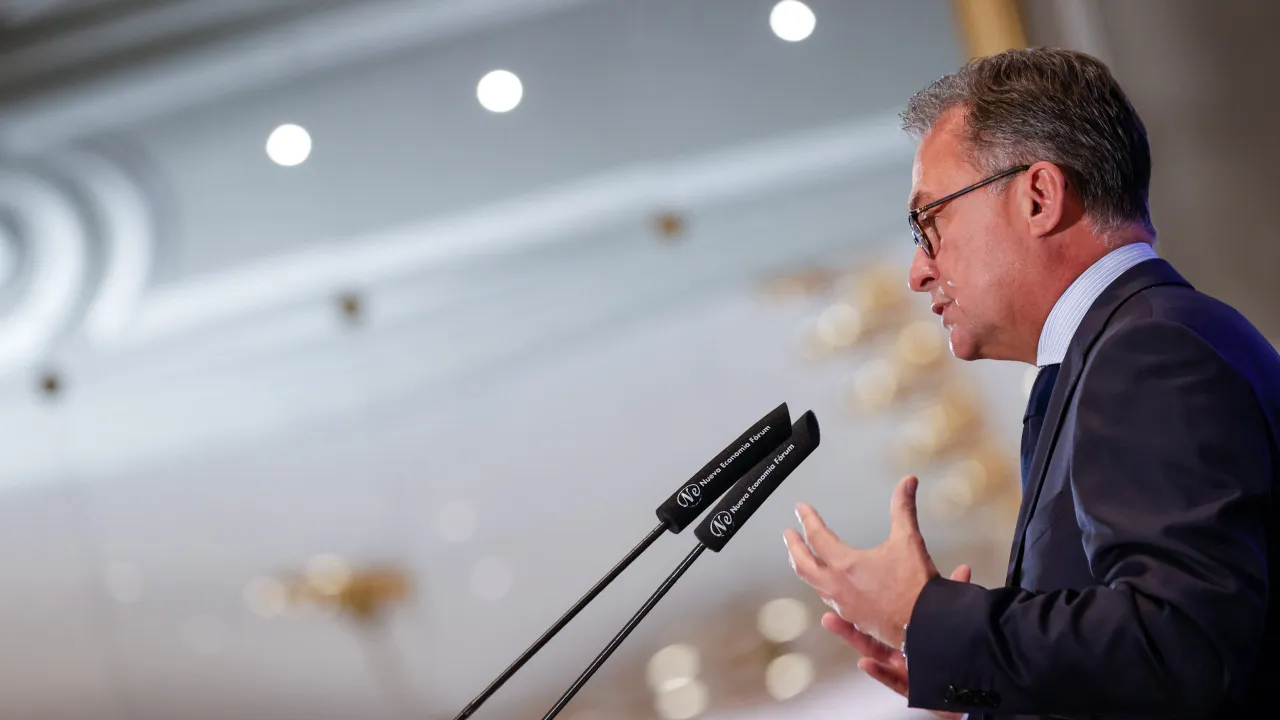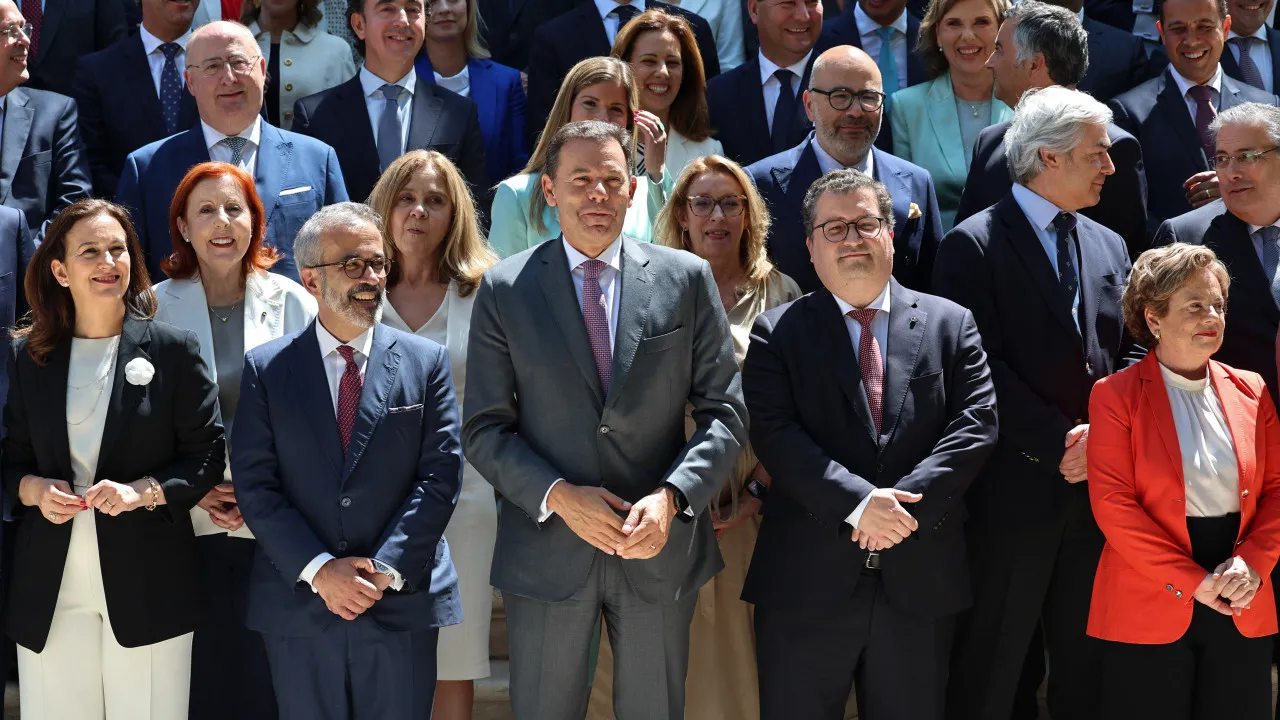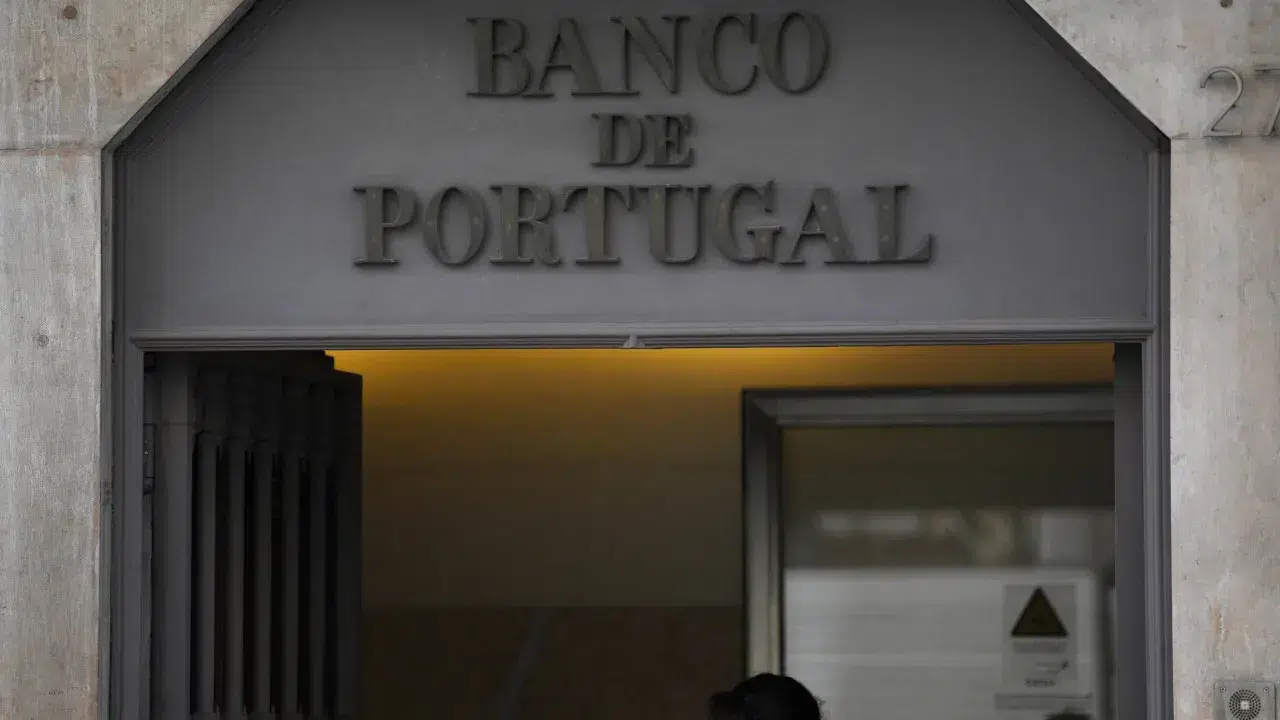
The consequences of the escalating conflict between Israel and Iran, which intensified over the weekend, remain uncertain. A prolonged conflict could lead to a significant rise in oil prices and disrupt forecasts for inflation and growth, Joachim Nagel said during a speech in Frankfurt.
Oil prices saw a slight increase this morning after surging up to 13% on Friday when Israel launched its initial attacks on Iran.
Around 7:20 GMT, the price of a barrel of West Texas Intermediate (WTI) crude oil rose by 1.15% to $73.82, and the price of Brent crude oil from the North Sea increased by 0.99% to $74.97.
In May, inflation in the eurozone fell to 1.9%, according to Eurostat’s initial estimate, confirming the European Central Bank’s (ECB) decision to cut interest rates in June for the eighth time in a year.
The institute also lowered inflation forecasts for 2025 to 2.0% and for 2026 to 1.6%, mainly due to falling energy prices and a stronger euro.
However, the heightened risks of a prolonged escalation in the Middle East, combined with unresolved trade tensions with the United States, make it imperative for the European Central Bank to remain flexible and not commit to further rate cuts or a prolonged pause, according to Nagel, known for his orthodox monetary stance.
In June, the ECB reduced the main deposit rate to 2.0%, a level no longer considered restrictive, following a peak of 4.0% in 2023, to curb rising prices after Russia’s invasion of Ukraine.
Although ECB President Christine Lagarde reaffirmed that rate decisions will be made on a meeting-by-meeting basis, depending on data developments, she also spoke of the end of a monetary cycle. Experts anticipate a pause in rate cuts at the institution’s next meeting at the end of July.




